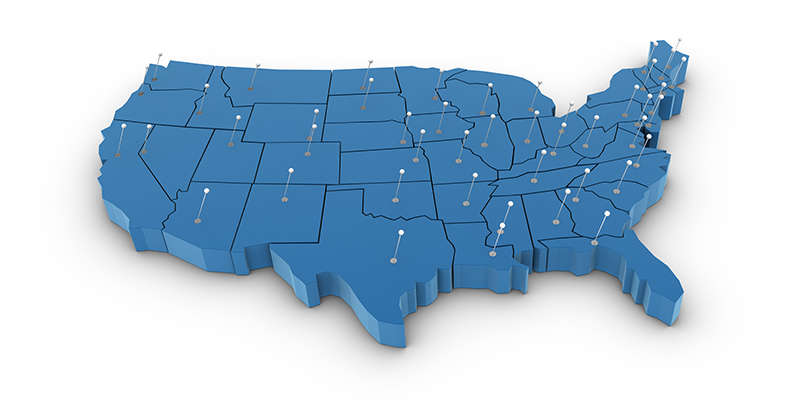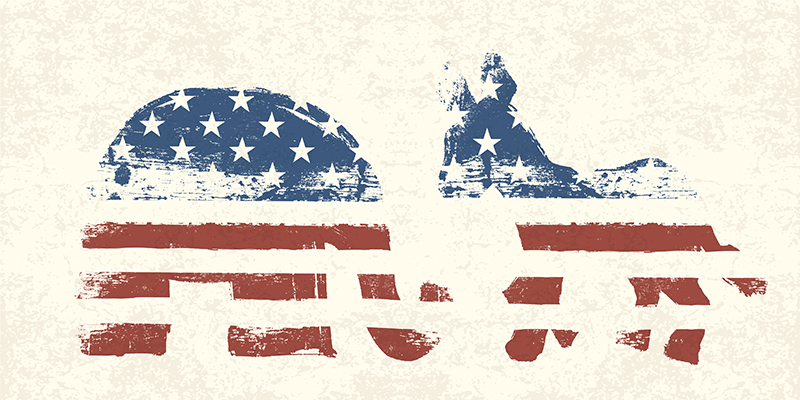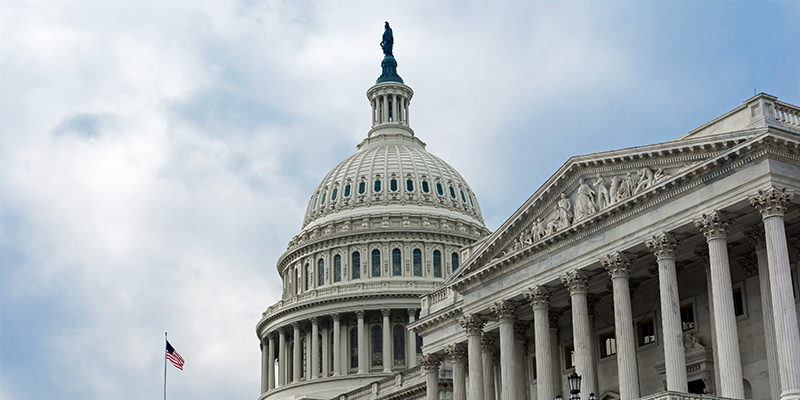A well-thought-out business plan and an innovative idea don’t always guarantee success. Often, choosing the right city also plays a significant role in determining a business’ chances to make it.
With that in mind, commercial real estate listing service 42Floors set out to determine the metro areas where entrepreneurs had the best chances of turning their business idea into reality. Specifically, 42Floors ranked all U.S. metro areas with at least 300,000 residents based on their balance between opportunity and cost for new businesses. Metrics analyzed included the percentage of startups in a metro’s business landscape, regional price parity, tax rate, coworking space availability and more.
The resulting ranking painted a complete picture of the nation’s best areas for entrepreneurs: The top 10 included an eclectic mix of metros across the Southwest, Southeast and Midwest, featuring both rising tech hubs and metros that managed to reinvent and diversify their economies. Notably, Texas and North Carolina recorded four entries each in their innovation hubs.
Without further ado, here are the top 10 best metros to start a business, as well as the characteristics that make them a good choice:
Top Three Metros: Las Vegas, Boulder and Austin
Las Vegas earned the title of best metro area to start a business. It had strong showings across most of 42Floors’ indicators despite not earning the top score in any category, with the exception of corporate tax. Interestingly, 43% of Vegas companies were established one to five years ago, denoting a business environment defined by fresh ideas. Similarly, there were 3.3 Las Vegas coworking spaces for every 100,000 residents in the metro, thereby offering a great opportunity for local companies to find their footing. Clearly, Las Vegas is benefiting from attempts to diversify its economy — from its previous claim to fame as an entertainment and tourism hotspot to newer areas such as health care, tech and finance.
Meanwhile, two metros that have already made a name for themselves as innovation hubs occupied the remaining spots on the podium: In second place, Boulder, Colorado, had the best score for its large ratio of coworking spaces compared to its population (6.5 per 100,000 residents). Additionally, 15.5% of businesses in the Boulder metro benefited from or catered to new businesses. This category included consulting firms; law and accounting offices; financing organizations; and administrative services, among other categories. Boulder also had the largest share of such firms of all the metros on our list.
Coming in third, Austin, Texas — another long-established startup haven — boasted a share of 43.3% startup companies out of the total, to tie Las Vegas. However, Austin also had a lower establishment exit rate (15.8%, compared to Vegas’ 19.4%). Essentially, that means that new companies in the Texas metro have comparatively better chances of survival. However, this also comes with the trade-offs of higher labor costs and office space costs. Still, the high demand experienced by shared and coworking offices in Austin is testament to the fact that the city and its surrounding metro is one of the hottest areas for new businesses in the nation.
Besides Austin, the Lone Star State was also home to three other entries in the top 20 best metro areas for new businesses. Dallas and Houston landed in successive places at numbers eight and nine, respectively, offering slightly different conditions: Dallas had a higher concentration of coworking spaces relative to its population, as well as cheaper office costs, whereas Houston boasted cheaper labor costs and living costs that were 5% lower. San Antonio was the final Texas metro on the list landing at number 19. It had a decent share of new companies (36.2%); its price parity was slightly below the national average; and its yearly costs for a small office were a little more than $25,000 per year.
Of course, Texas’ business-friendly status comes as no surprise with the constant influx of young talent and investor interest. However, the same is also true in North Carolina. Here, the Research Triangle area, in particular, has proven to be one of the biggest biotech clusters attracting companies and fresh talent in the U.S. in recent years.
Subsequently, the Raleigh and Durham metro areas made it to numbers five and six, respectively, of the best areas to start a business in the U.S. The two neighboring metros stood out in the top 10 as some of the most affordable options in terms of regional price parity. Although Raleigh had the higher percentage of young businesses of the two, Durham’s included more coworking spaces per capita and slightly better affordability.
However, two North Carolina metros outside the Research Triangle also stood out as strong options for entrepreneurs: Winston-Salem and Greensboro made it to numbers 16 and 17, respectively, with costs of living around 10% below the national average, as well as low office costs and relatively low establishment exit rates.
Not to be outdone, Florida also recorded four entries in the top 20, despite the fact that none of them were able to crack the top 10: Tallahassee at number 11, Orlando at number 13, Tampa at number 14 and Cape Coral at number 15.
Notably, no single region claimed total dominance in this ranking. For instance, while the desert states scored the top two best metros on the list, Texas and North Carolina had the most respective entries in the larger top 20. The Midwest was represented, too, with Columbus, Ohio, making it all the way to fourth place. Other Midwestern towns fostering innovation and business-friendliness included Indianapolis at number 10 and Cincinnati at number 12, with the latter also boasting the lowest establishment exit rate of the entire list.
For the complete ranking and analysis, check out 42Floors’ original article on the best metro areas to start a business in the U.S.

















